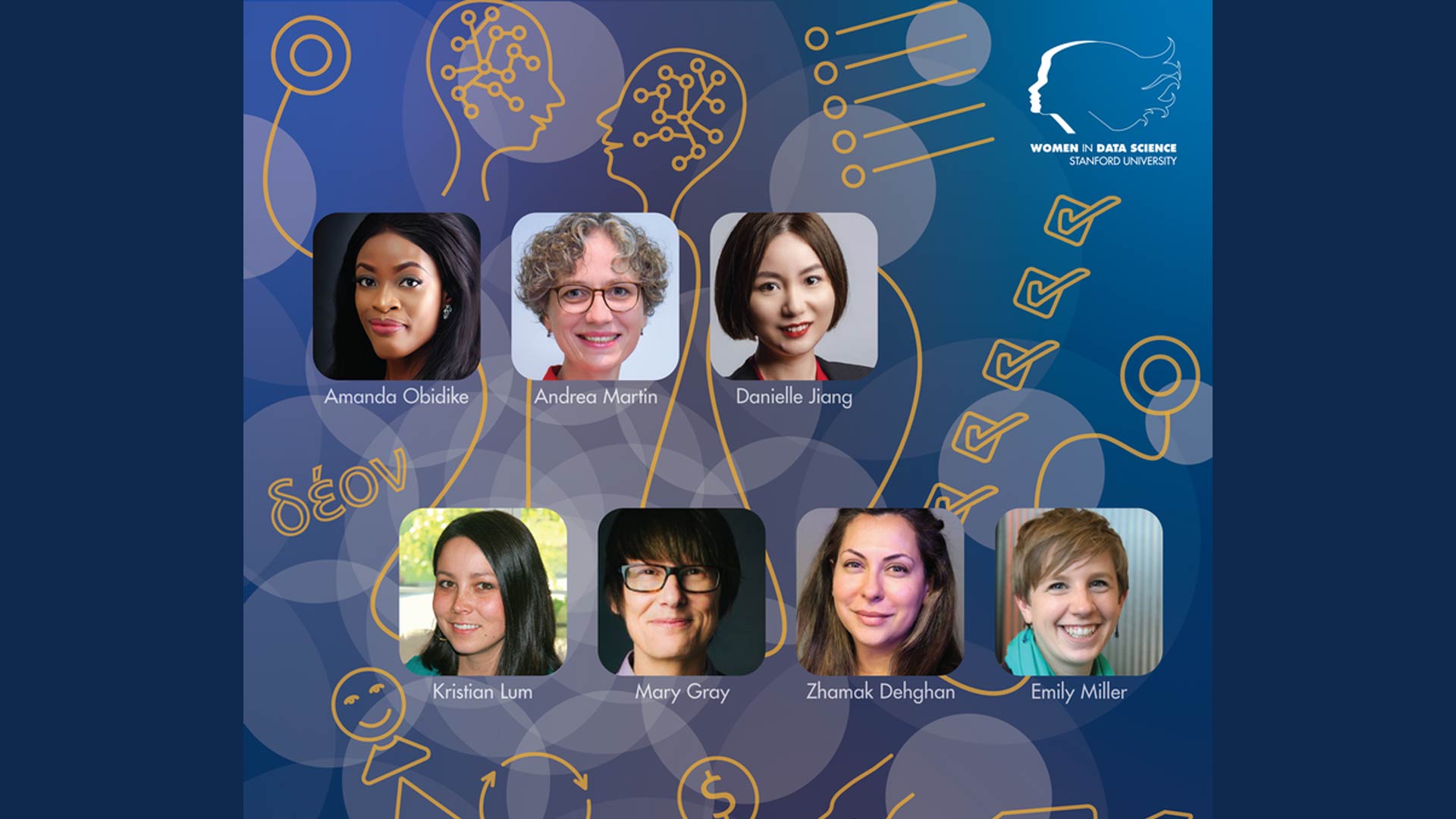This year, during our WiDS Worldwide conference, there were several sessions that dealt with Responsible Data Science. This included an aptly titled panel, Ethics and Responsible Data Science, where representatives from industry, government, non-profit sectors described ways that their organizations approach this issue. For example, Andrea Martin from IBM described a strategy of thinking about Responsible Data Science as an end-to-end process, involving multiple people within organizations. She also described some open-source tools that IBM has developed to guide and assist data scientists and designers who are wrestling with these issues.
Margot Gerritsen moderated the Democratization of Data panel which was a discussion about how to ensure that data doesn’t become owned and hoarded by a small group of people, organizations, or even countries. Figuring out ways to share data will help ensure that big data benefits all people, worldwide. During the panel, Amanda Obidike from STEMi Makers Africa described a process of collaboration and transparency with the people have the data, saying, “I think data should be boundless. And when it’s boundless, it is more collaborative. Western world has more data than we do, unfortunately…We need to start collaborating and working alongside with tech organizations or countries that have these data.”
Emily Miller of DrivenData.org conducted this Actionable Ethics for Data Scientists workshop, walking participants through a framework that she and her colleagues have created, highlighting key principles to consider as you are designing and developing algorithms. She and her colleagues developed an ethics checklist for data scientists which forms the basis for her workshop.
In addition, Danielle Jiang from the Monetary Authority of Singapore, delivered a technical talk focused on assessing fairness of AI systems in financial services. During her talk, Danielle walks through the policies, metrics, and procedures that can be used in loan application processing to ensure fairness.
Responsible Data Science was also a major topic during the WiDS podcast episode that featured Kristian Lum. Kristian spent five years as HRDAG’s lead statistician leading the group’s project on criminal justice in the United States, focusing on algorithmic fairness and predictive policing. Predictive policing uses algorithms to help the police decide where to deploy their resources based on crime statistics, so if you look at where crimes are most likely to occur, this is where you police more often. Kristian’s work showed that these algorithms could perpetuate historical over-policing and racial bias in minority communities.
WiDS will continue to convene experts and share knowledge about Responsible Data Science as it is a critical best practice to ensure that data scientists can avoid unintended consequences of that impact fairness, transparency and explainability.


